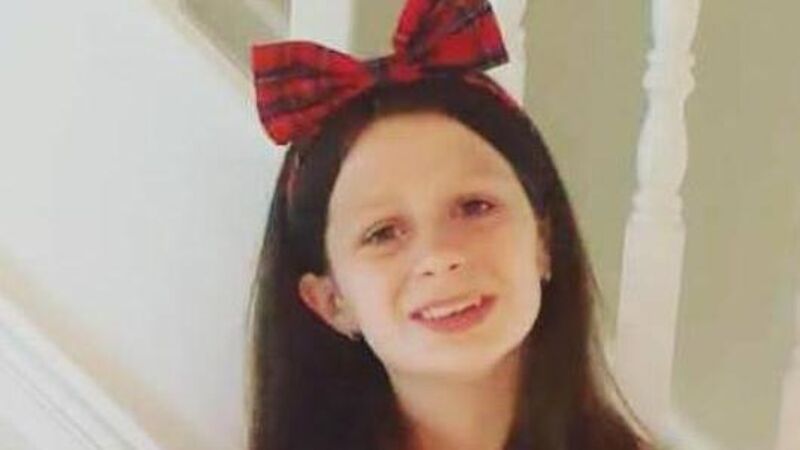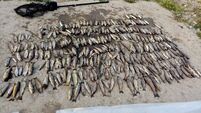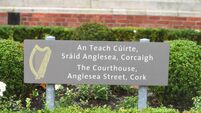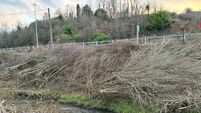Autistic girl has three different teachers in a month at Cork special school with suspensions 'crisis'

Kayla Henebry. Her mother Aisling said: 'She can thrive when she's in the correct environment.'
Like all teenage girls do, Kayla Henebry, 16, loves her style. “She’s a typical teenager,” her mother Aisling said. “Loves her hair, loves her lipstick.
"Kayla is a good child. When Kayla is in a good routine, she can work very well. She can thrive when she's in the correct environment.”














